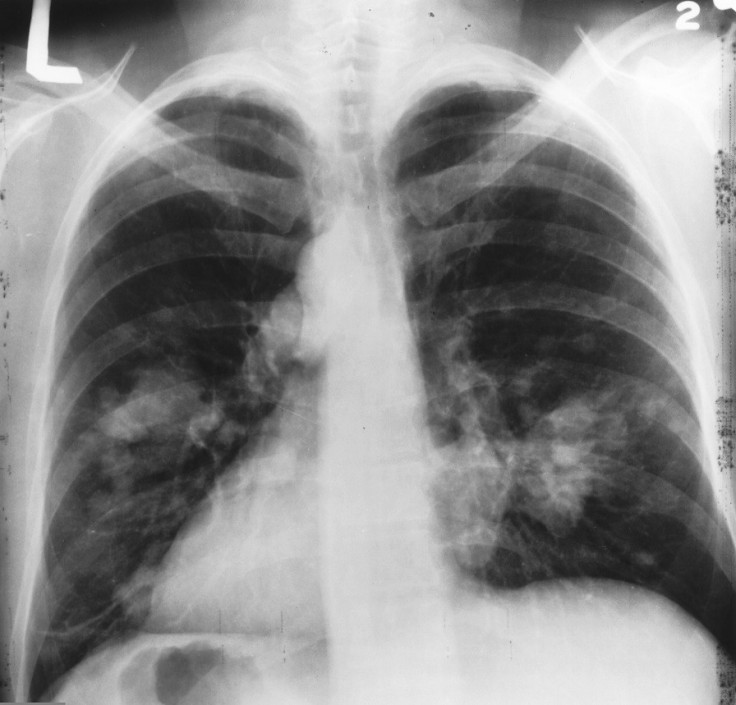Lung Cancer Surgery Rises 65% as England and Wales Catch Up with European Survival Rates

The number of people in England and Wales having surgery for common lung cancer has risen by 65% in the last five years, a report has found.
The National Lung Cancer Audit by the Health and Social Care Information Centre showed that more than one in five patients with a group of common lung cancers now has surgery, compared with one in seven in 2008.
Researchers said that historically, the number of people having surgery for lung cancer is low in the UK compared with other Western European countries and has been blamed in part for the poor survival rates.
The report findings suggest England and Wales are beginning to bridge the gap with Western European healthcare systems. It also found differences between regions are narrowing.
According to the audit, just over half of the 40,200 lung cancer patients had 'non small cell lung cancer', for which surgery is the best option if caught early enough. Among this group, 22% had surgery in 2012, compared to 14% in 2008.
Another key finding showed there had been an increase in the number of patients being seen by a lung cancer specialist, rising from 79.5% in 2011 to 82.3% in 2013.

However, the report showed survival rates for lung cancer patients are still poor, increasing by just 16% over five years to 221 days, compared to 191 days in 2008. Just 55% of patients survived for six months and 39% survived for a year.
The report said: "Overall measures of the standards of care have been sustained and have marginally improved compared to those seen last year, with small rises in the proportion of patients having surgery, and anti-cancer treatment.
"In many cases the measures of treatment now approach those seen in other western healthcare systems. Despite these improvements, there remains marked variation across Trusts and Networks and differences in case-mix do not appear to explain the whole of this variation.
"Trusts are encouraged to critically appraise their own results and perform reviews of lung cancer pathways and/or clinical cases where treatment rates are below the national average."
Mick Peake, consultant in respiratory medicine and clinic lead of the audit, said: "It is encouraging to see that hospital teams all over the country have responded to the findings and recommendations of previous National Lung Cancer Audits. The rise in the proportions of patients undergoing surgery means that lives are being saved and longer survival times are giving patients more precious time with family and friends.
"I'm pleased to say that the extent to which care varies from region to region is reducing on some measures, however it is vital that all clinicians involved in lung cancer look really carefully at what they are doing and learn best practice from others where they can."
© Copyright IBTimes 2025. All rights reserved.






















